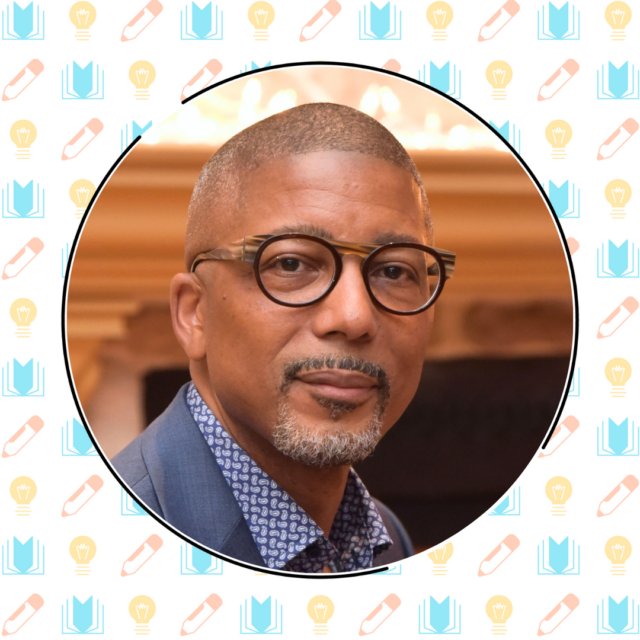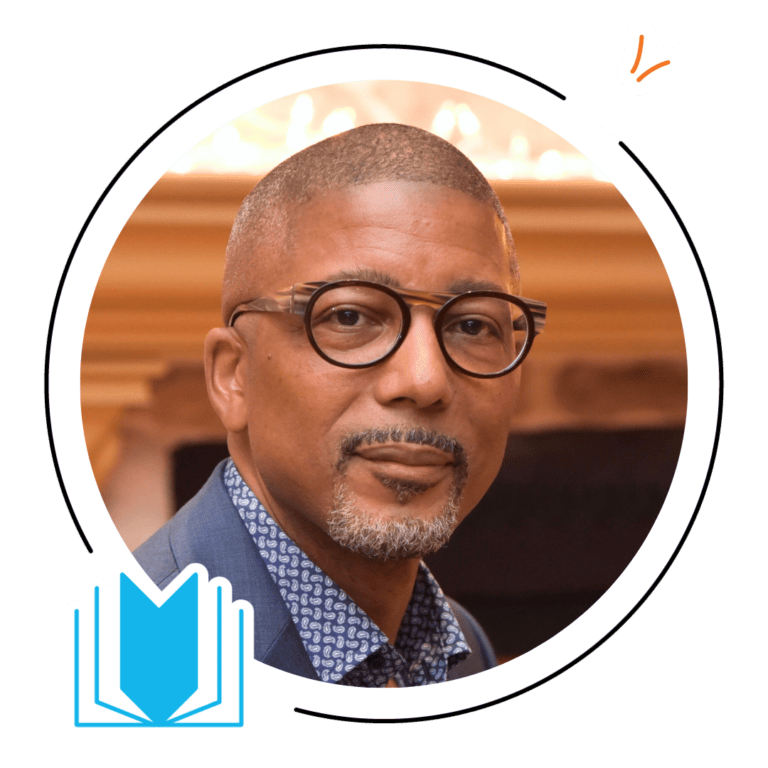
What teachers can learn from incarcerated youth, with Hilderbrand Pelzer III
In this episode, we take on the difficult topic of literacy education in the American juvenile justice system. Susan is joined by Hilderbrand Pelzer III, who discusses his experience as an educational leader in the Philadelphia prison system. Pelzer talks about what he saw and learned—and explains why he advocates for aspiring teachers to work with incarcerated youth. This passionate and moving discussion breaks down the myths surrounding literacy’s relationship with juvenile incarceration and also leaves listeners with advice on how to become more involved in their own communities.
Meet our guest(s):
Featured Episodes
From education outsider to literacy expert, w...
Todd Collins went from education outsider to literacy expert when he joined his local school board after a career in fin...
The big win is just the beginning, with Dr. J...
With Utah’s recent passing of Senate Bill 127, a sweeping piece of literacy legislation, many are turning to the state a...
Leading Legislative Change, with State Senato...
Mimi Stewart is a state senator from New Mexico and previously worked as a public school elementary special education te...






